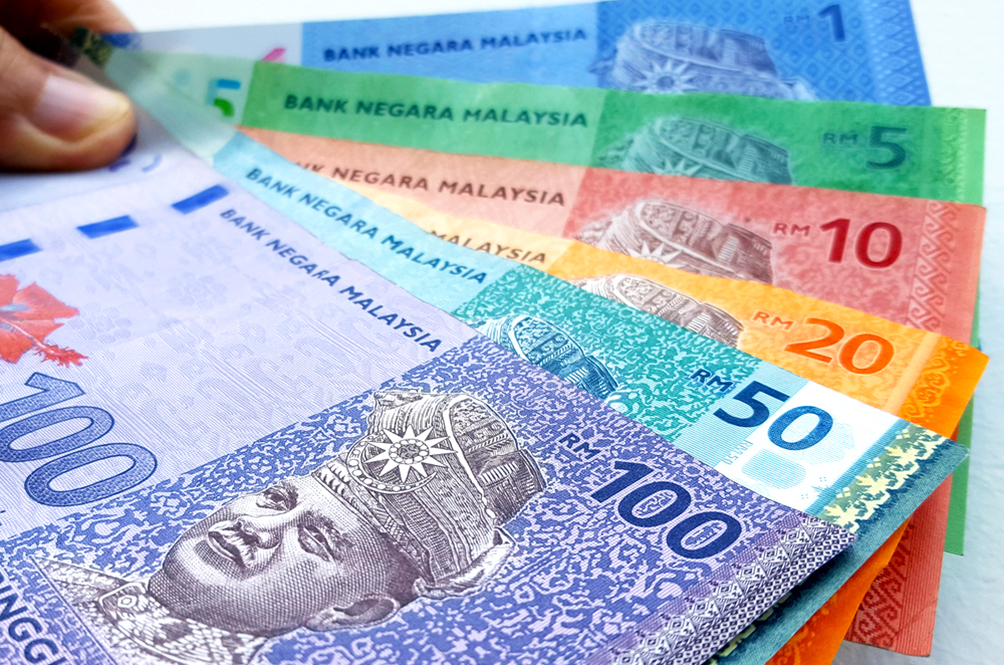By Nurul Jannah Kamaruddin
KUALA LUMPUR, July 16 (NNN-Bernama) — Malaysian ringgit is likely to continue its losing streak against the US dollar next week, as the greenback is expected to stay dominant amid mounting inflation jitters.
SPI Asset Management managing partner Stephen Innes said as recession nerves continue to grip markets globally, the macro focus will be on the inflation expectations component of the closely-followed University of Michigan confidence survey release.
Innes opined that the release could determine the movement of the ringgit opening next week.
He also said that the data could push the United States Federal Reserve to hike interest rate by 100 basis points (bps) if the inflation reading comes in high, and this would lend support to the US dollar.
“The big risk event for the global market is whether (offshore natural gas pipelines) Nord Stream 1 gas flow to Europe resumes on July 22. If it does, the risk will improve dramatically and the ringgit should rally.
“But I think the ringgit will trade weak until we get confirmation on Nord Stream 1 gas flows. If Russia stops all gas flows, a European Union-driven recession shock wave will circle the world,” he told Bernama.
He said that looking at the volatility, the ringgit may likely trade within the RM4.45-RM4.47 range.
Innes said the market is also likely to experience some cautious trading ahead of the Federal Open Market Committee (FOMC) meeting on July 27-28, 2022.
For the week just ended, the ringgit was traded mostly lower, hitting its lowest since March 2020 on the US dollar’s strength amid recession worries after the US reported inflation hitting a 40-year high last month.
US consumer prices surged by 9.1 per cent, a significant increase from 8.6 per cent in May, with the market now predicting a 100 bps hike in the interest rate which in turn, is likely to trigger a recession soon.
The ringgit is also under pressure by China’s weak second-quarter (Q2) economic data released on Friday (July 15).
China eked out 0.4 per cent growth in Q2, far below expectations, as a result of its COVID-19 control measures.
At home, the ringgit fell against the greenback at 4.4480/4505 on Friday, compared with 4.4250/4270 a week earlier.
The local note, however, was traded mostly higher against a basket of major currencies on a Friday-to-Friday basis, except for the Singapore dollar, where it eased to 3.1688/1710 from 3.1528/1547.
The ringgit appreciated against the Japanese yen to 3.2048/20699 from 3.2577/2595 previously, gained against the British pound to 5.2629/2658 from 5.2888/2912 and strengthened versus the euro to 4.4662/4687 from 4.4777/4797 last week.
— NNN-BERNAMA






